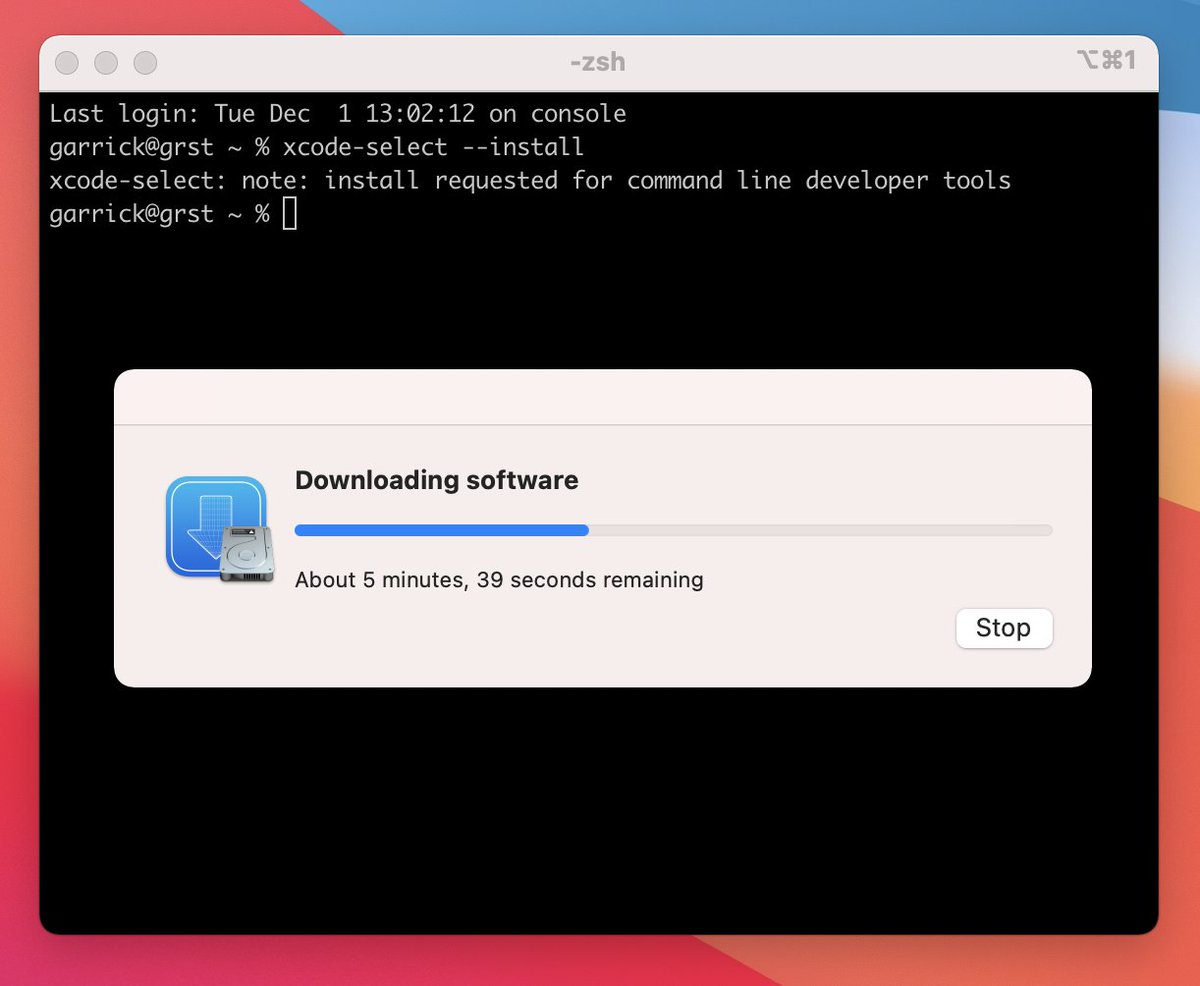

- HOMEBREW CASK LIST OF APPS INSTALL
- HOMEBREW CASK LIST OF APPS UPDATE
- HOMEBREW CASK LIST OF APPS MANUAL
- HOMEBREW CASK LIST OF APPS FULL
NET SDK installs to its own directory, as described in the previous section. NET 7 SDK, it's installed to the /usr/local/share/dotnet/圆4/dotnet/ folder.
HOMEBREW CASK LIST OF APPS INSTALL
However, when you install the 圆4 version of. NET are installed to the normal /usr/local/share/dotnet/ folder. On an Arm-based Mac, all Arm64 versions of.

If a new version is released, each install needs to be upgraded. NET SDK exist independently from each other. The following table describes which versions of. The following sections describe things you should consider when installing. This approach lets you install different versions into separate locations and choose explicitly which one to use by which application. If no PATH statement is included, add a new line with export PATH=$PATH:$HOME/dotnet.Īlso, add export DOTNET_ROOT=$HOME/dotnet to the end of the file. For example:Įdit the appropriate source file for your shell and add :$HOME/dotnet to the end of the existing PATH statement. There are a number of different shells available for Linux and each has a different profile. You can edit your shell profile to permanently add the commands. NET CLI commands available for the terminal session in which it was run. The preceding export commands only make the. Mkdir -p "$DOTNET_ROOT" & tar zxf "$DOTNET_FILE" -C "$DOTNET_ROOT" Remember to change the DOTNET_FILE value to the name of the downloaded binary: DOTNET_FILE=dotnet-sdk-7.0.100-osx-圆4.tar.gz NET CLI commands available at the terminal and set the required environment variables. NET binary, the following commands may be run from the directory where the file is saved to extract the runtime. NET SDK and CLI environment variables.Īlternatively, after downloading the. NET CLI commands available at the terminal. Next, extract the downloaded file and use the export command to set DOTNET_ROOT to the extracted folder's location and then ensure. NET SDK, you will not need to install the corresponding runtime: For a developer or user, it's generally better to use an installer.įirst, download a binary release for either the SDK or the runtime from one of the following sites.
HOMEBREW CASK LIST OF APPS MANUAL
Manual installation is usually performed as part of continuous integration testing.

NET, you can download and manually install the SDK and runtime. NET 7:Īs an alternative to the macOS installers for. MacOS has standalone installers that can be used to install.
HOMEBREW CASK LIST OF APPS UPDATE
After installing brew, install libgdiplus by executing the following commands at a Terminal (command) prompt: brew update NET applications that use the assembly require libgdiplus to be installed.Īn easy way to obtain libgdiplus is by using the Homebrew ("brew") package manager for macOS.

NET apps), see Working with macOS Catalina Notarization. If you run a non-notarized app, you'll see an error similar to the following image:įor more information about how enforced-notarization affects. Prior released versions aren't notarized. NET have been notarized since February 18, 2020. Notarizationīeginning with macOS Catalina (version 10.15), all software built after Jthat is distributed with Developer ID, must be notarized. Installing the SDK includes both runtimes: ASP.NET Core and. It's highly recommended that you install ASP.NET Core runtime for the best compatibility with. This runtime is the simplest runtime and doesn't include any other runtime. There are two different runtimes you can install on macOS: If they don't include the runtime, it's up to the user to install the runtime. When an app author publishes an app, they can include the runtime with their app. The runtime is used to run apps created with. NET versions and their support life cycle, see.
HOMEBREW CASK LIST OF APPS FULL
NET releases and the versions of macOS they're supported on: Operating Systemįor a full list of. The following table is a list of currently supported. STS releases get free support and patches for 18 months. LTS releases get free support and patches for 3 years. The only difference is the length of support. There are two types of supported releases, Long Term Support (LTS) releases or Standard Term Support (STS).


 0 kommentar(er)
0 kommentar(er)
